The Justice Department has decided against prosecuting former FBI Director James Comey for leaking classified information following a referral from the department’s inspector general, sources familiar with the deliberations told Fox News.
“Everyone at the DOJ involved in the decision said it wasn’t a close call,” one official said. “They all thought this could not be prosecuted.”
Comey penned memos memorializing his interactions with President Trump in the days leading up to his firing. He then passed those documents to a friend, Columbia University Law Professor Daniel Richman, who gave them to The New York Times. Comey admitted to that arrangement during congressional testimony.
After the fact, the FBI classified two of those memos as “confidential.”Comey penned memos memorializing his interactions with President Trump in the days leading up to his firing. He then passed those documents to a friend, Columbia University Law Professor Daniel Richman, who gave them to The New York Times. Comey admitted to that arrangement during congressional testimony.
This is an excerpt. Read more at Fox News.
The original story from the Washington Times is below.

FBI agents went to Comey’s home to retrieve documents he claimed were ‘missing’
Fired FBI Director James Comey told agents he appeared to have lost track of two memos he kept detailing conversations with President Trump, according to new documents revealed Wednesday by Judicial Watch.
The FBI sent agents to visit Mr. Comey at home in 2017, after his firing, to speak with him about the memos, which the former director had leaked in order to embarrass Mr. Trump.
Agents collected four memos from Mr. Comey ranging in dates from February to June. But Mr. Comey told the agents two memos he believed he wrote “were missing.”
Agents recounted: “In the first occurrence, Comey said at an unknown date and time, between January 7, 2017, which Comey believed was the date of his briefing at Trump Tower, and Trump’s inauguration on January 20th, 2017, Comey received a phone call from President Elect Donald J. Trump. The originating telephone number may have had a New York area code. Following the telephone conversation, Comey drafted and e-mailed a memo to James Rybicki and FBI Deputy Director Andrew McCabe.”
“In the second instance, Comey was on his way to a FBI leadership conference in Leesburg, Virginia (March 9, 2017) when he was diverted to Liberty Crossing to respond to a request from Trump to contact him. Comey contacted Trump from Liberty Crossing on a Top Secret telephone line. The conversation was “all business” and related to [redacted]. Comey is less sure he drafted a memo for his conversation but if he did, he may have sent it on the FBI’s Top Secret network.”
The agents’ account was contained in an FBI log detailing evidence collection.
Judicial Watch obtained the log after filing a Freedom of Information Act lawsuit demanding the Justice Department’s records pertaining to Mr. Comey’s memos and his sharing them with the special counsel’s office. Special counsel Robert Mueller has said Mr. Trump’s behavior surrounding Mr. Comey’s firing raised questions of attempted obstruction of justice.
The memos themselves, though, have also drawn scrutiny, with suggestions that Mr. Comey acted improperly and mishandled classified information.
President Tom Fitton said the newly revealed log entry shows Mr. Comey never should have had the memos at his home, and the FBI itself bungled by failing to secure the files.
“Mr. Comey’s illegal leaking these FBI files as part of his vendetta against President Trump (directly resulting in the corrupt appointment of Robert Mueller) ought to be the subject of a criminal investigation,” Mr. Fitton said in a statement.
© Copyright (c) 2019 News World Communications, Inc.
—-
This content is published through a licensing agreement with Acquire Media using its NewsEdge technology.



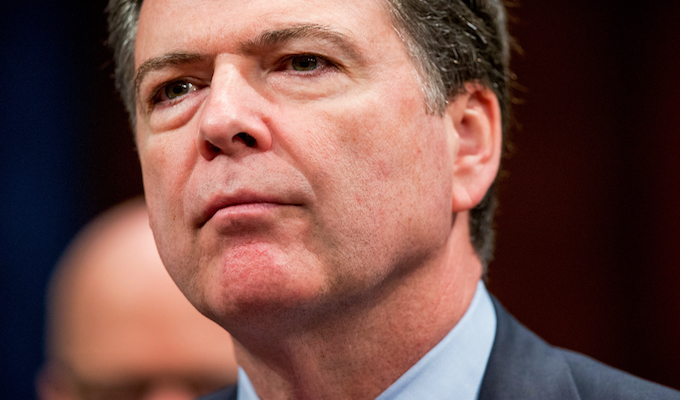
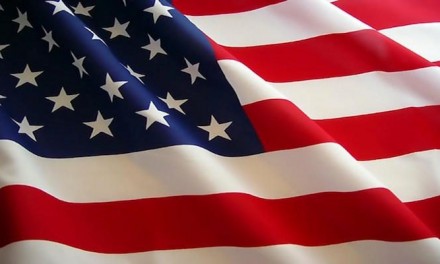

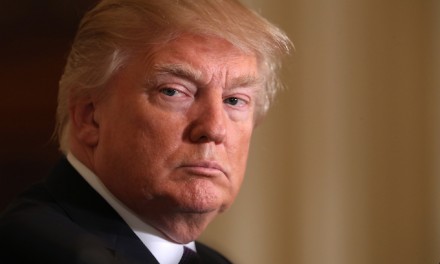







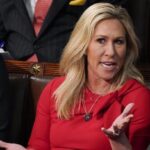
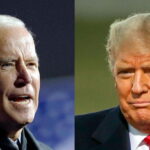

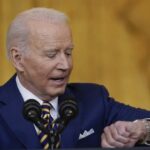
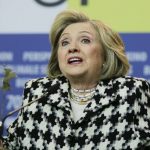
Recent Comments